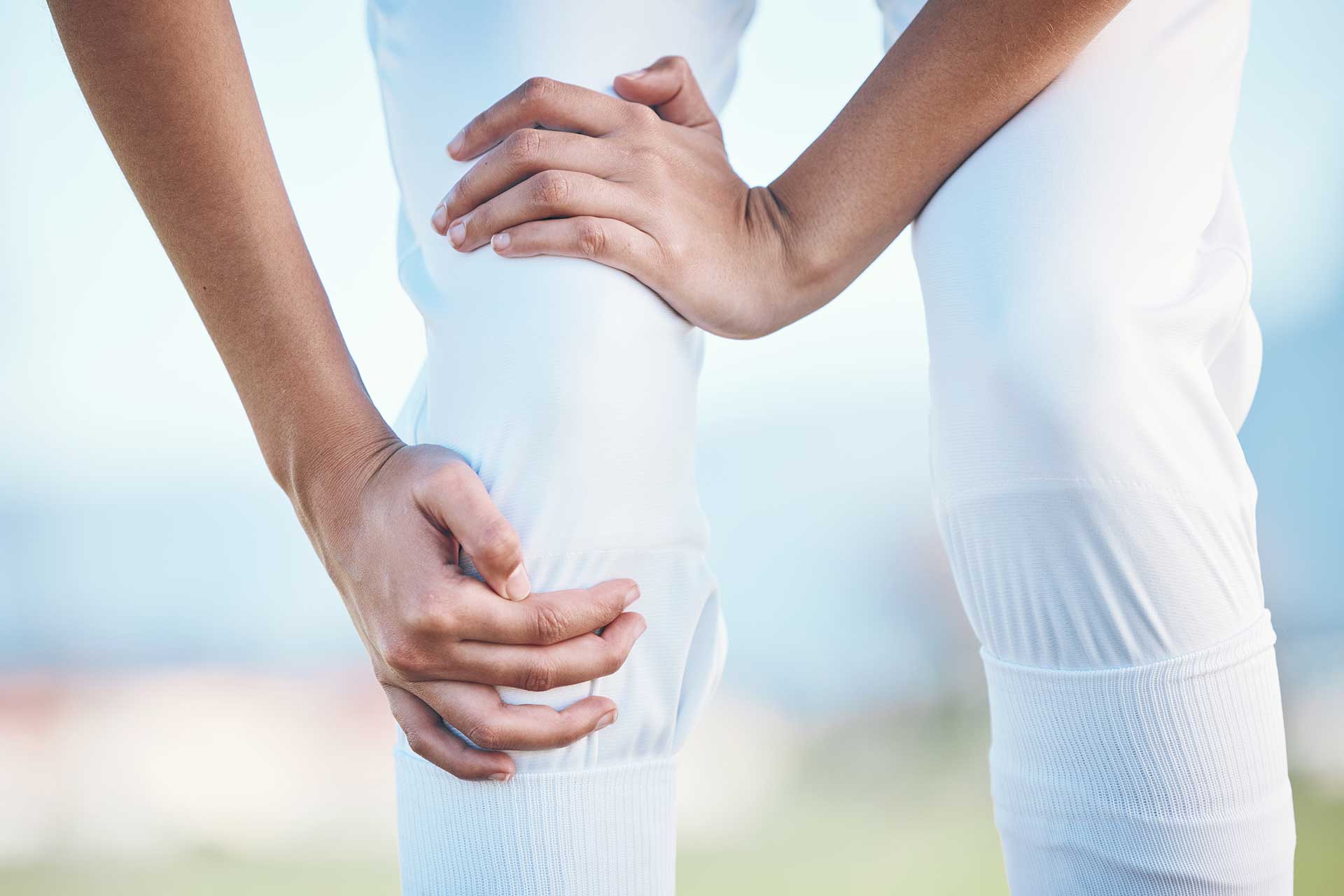Physiotherapy Approaches for ACL Injury
When you tear your ACL, your world can feel like it’s been turned upside down. But here’s the thing – sports physiotherapy can be your secret weapon in getting back on your feet. It’s not just about doing a few leg lifts and calling it a day. A good sports physio will craft a recovery plan that’s as unique as you are, targeting everything from building strength to nailing those tricky balance exercises. They’ll push you, sure, but they’ll also know when to pull back. It’s a delicate dance, but one that can have you moving better than ever, when guided by an expert sports physiotherapist.
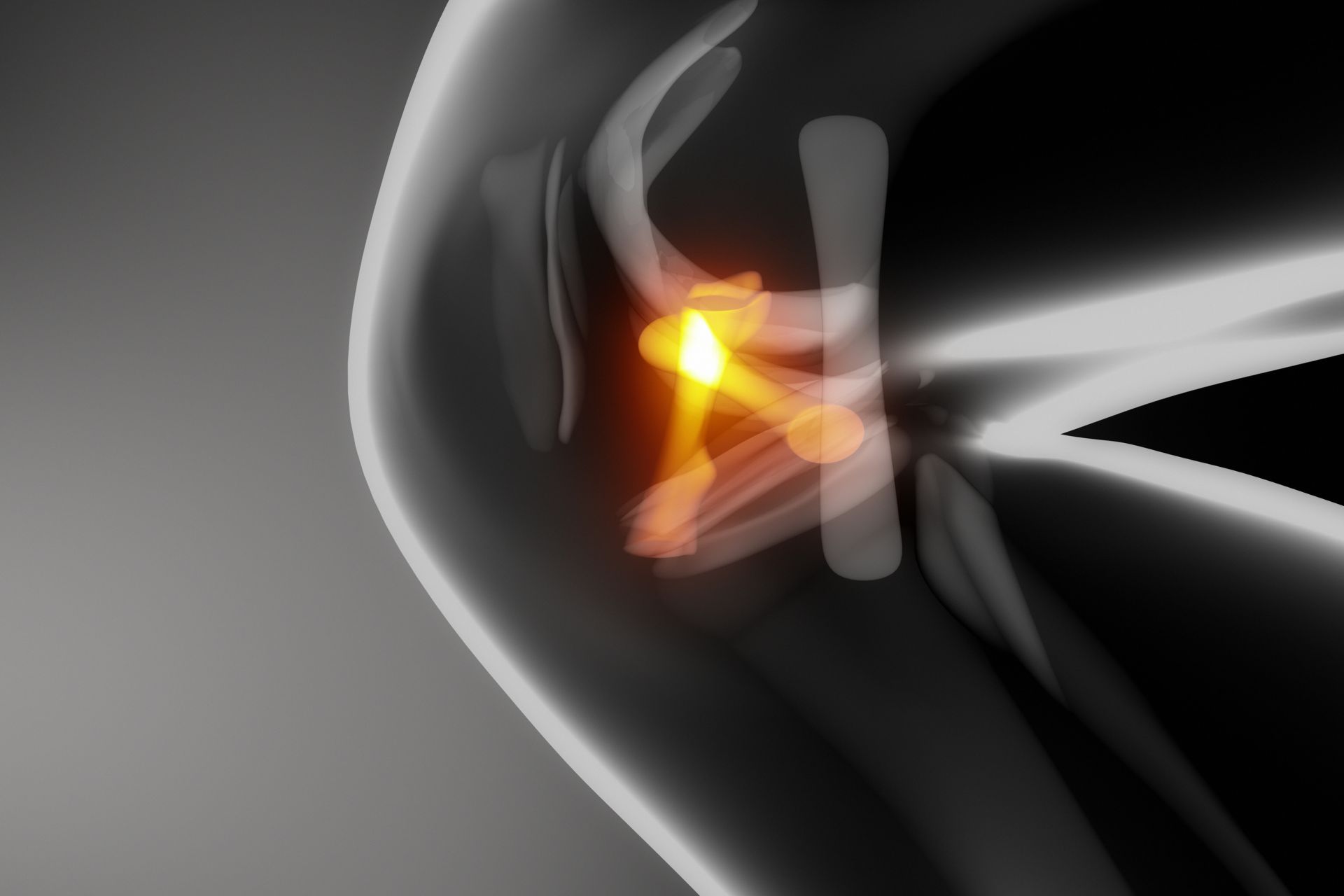
If you’ve gone under the knife for ACL reconstruction, you’re in for a different kind of journey. Those first few weeks post-surgery? They’re tough. Your physio becomes part coach, part cheerleader, helping you manage pain and swelling while keeping your spirits up. As you heal, they’ll introduce exercises that seem simple at first but are crucial for rebuilding your knee’s foundation. It’s slow going, but every small victory is worth celebrating.
For those of you dealing with an old ACL injury that just won’t quit, don’t lose hope. Chronic pain is a beast, but it’s one that can be tamed. Your physiotherapist might use hands-on techniques, teach you new ways to move, or even help you understand why your brain’s still sending out those pain signals. It’s not a quick fix, but with patience and persistence, you can reclaim your life from pain.
And let’s not forget about Pilates. It might seem like a strange addition to ACL rehab, but trust us, it’s a game-changer. Pilates is all about control, stability, and body awareness – exactly what your knee needs. Plus, it’s a great way to work your whole body without putting too much stress on that healing ACL.
Lastly, Red Light Therapy. It sounds like something out of a sci-fi movie, but it’s legit. Using special light wavelengths, Red Light Therapy can help kick your body’s natural healing processes into high gear. It’s not a miracle cure, but when combined with everything else, it could be the boost your recovery needs.
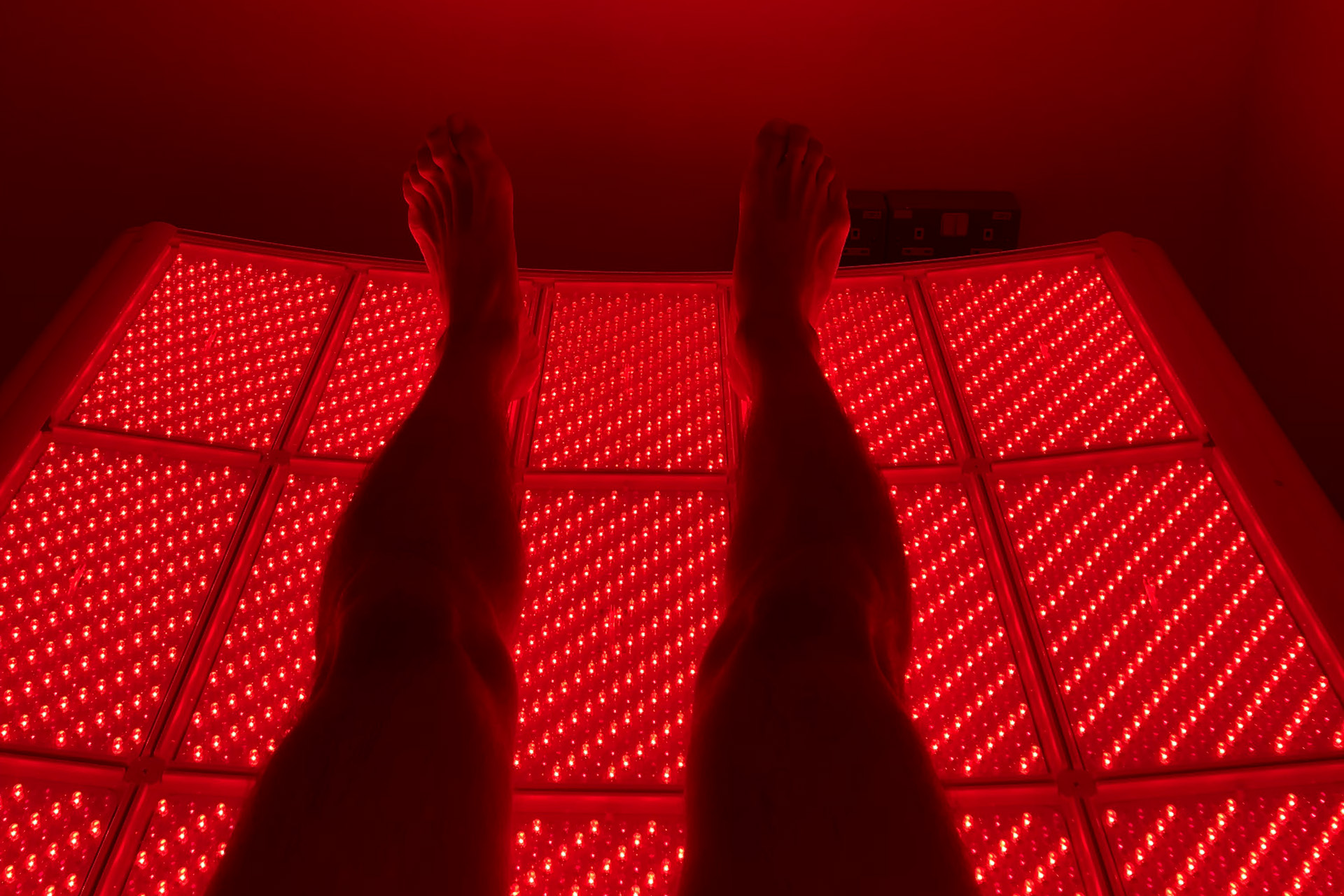
Understanding ACL Injuries
If you’re currently grappling with an ACL injury, you’re likely experiencing a mix of pain, instability, and uncertainty. The anterior cruciate ligament (ACL) is a key stabilizer in your knee, and when it tears, it can significantly impact your mobility and quality of life.
ACL injury symptoms typically include a popping sensation at the time of injury, followed by rapid swelling and a feeling of instability in the knee. You may find it difficult to bear weight or perform certain movements, especially those involving pivoting or sudden changes in direction.
Understanding the causes of ACL injuries can help prevent future incidents. Common causes include sudden stops, changes in direction, incorrect landing from a jump, or direct contact to the knee. Due to their demanding movement patterns, sports like soccer, basketball, and skiing have higher rates of ACL injuries.
You might wonder, “Why do ACL injuries take so long to heal?” The answer lies in the poor blood supply to the ACL and the complex nature of the injury. Full recovery, whether through conservative treatment or ACL injury surgery, typically takes 6-9 months. This extended recovery time is necessary to ensure proper healing, restore strength and stability, and reduce the risk of re-injury.
For those dealing with an old ACL injury, it’s important to know that treatment options are still available. While the approach may differ from an acute ACL injury, physiotherapy can still play a crucial role in improving function and preventing further complications.
INDIBA® Activ and Shockwave Treatment
Innovative therapies like INDIBA® Activ and Shockwave Therapy are increasingly recognized for their complementary benefits. INDIBA® therapy, which harnesses radiofrequency power, offers a non-invasive approach to tissue repair. Stimulating cellular activity can accelerate the healing process of the ACL and surrounding structures. Patients often report reduced pain and inflammation, while therapists note improved tissue quality and flexibility. This therapy’s ability to enhance local circulation can be particularly beneficial in the later stages of ACL recovery, helping to maintain tissue health and promote optimal healing.
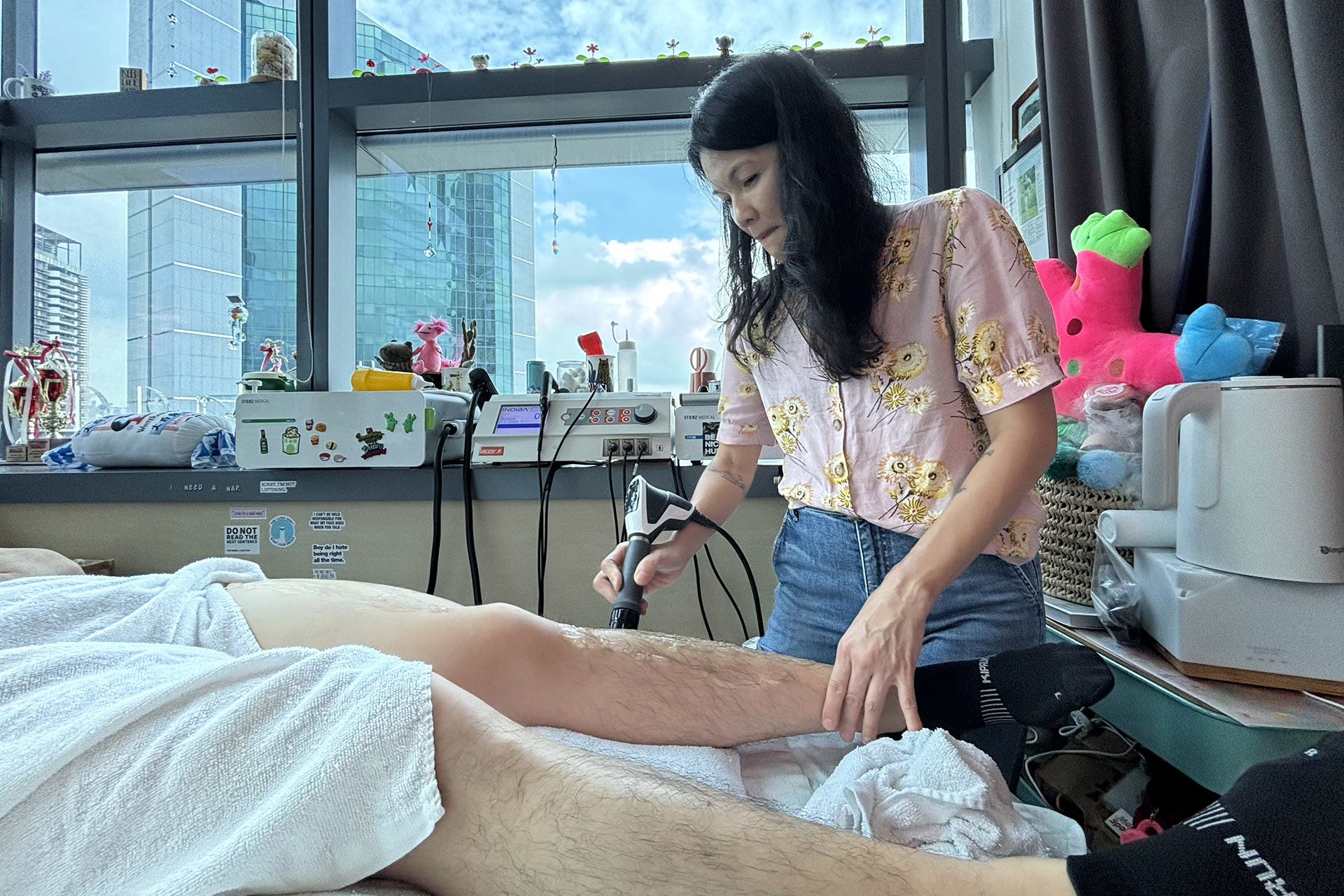
While INDIBA® focuses on deep tissue stimulation, Shockwave Therapy targets more superficial structures that often become problematic during ACL recovery. Although not typically used in the acute phase, shockwave therapy comes into its own when addressing secondary issues that can hinder progress. The high-energy acoustic waves delivered by this treatment can be particularly effective in breaking down scar tissue, addressing stubborn trigger points, and treating conditions like patellar tendinopathy that frequently accompanies ACL injuries.
By incorporating these advanced modalities into a comprehensive treatment plan, physiotherapists can address not just the primary ACL injury but also the cascade of musculoskeletal challenges that often arise during the lengthy recovery process.
The Journey to Recovery
Recovering from an ACL injury is a journey that requires patience, dedication, and expert guidance. While the road may seem long, with the right physiotherapy approach, you can not only recover but potentially come back stronger than before.
Remember, every ACL injury is unique, and your treatment plan should be tailored to your specific needs and goals. Whether you’re dealing with an acute ACL injury or managing the effects of an old ACL injury, a skilled physiotherapist can guide you through each stage of recovery, employing a combination of traditional techniques and cutting-edge therapies to optimize your healing.
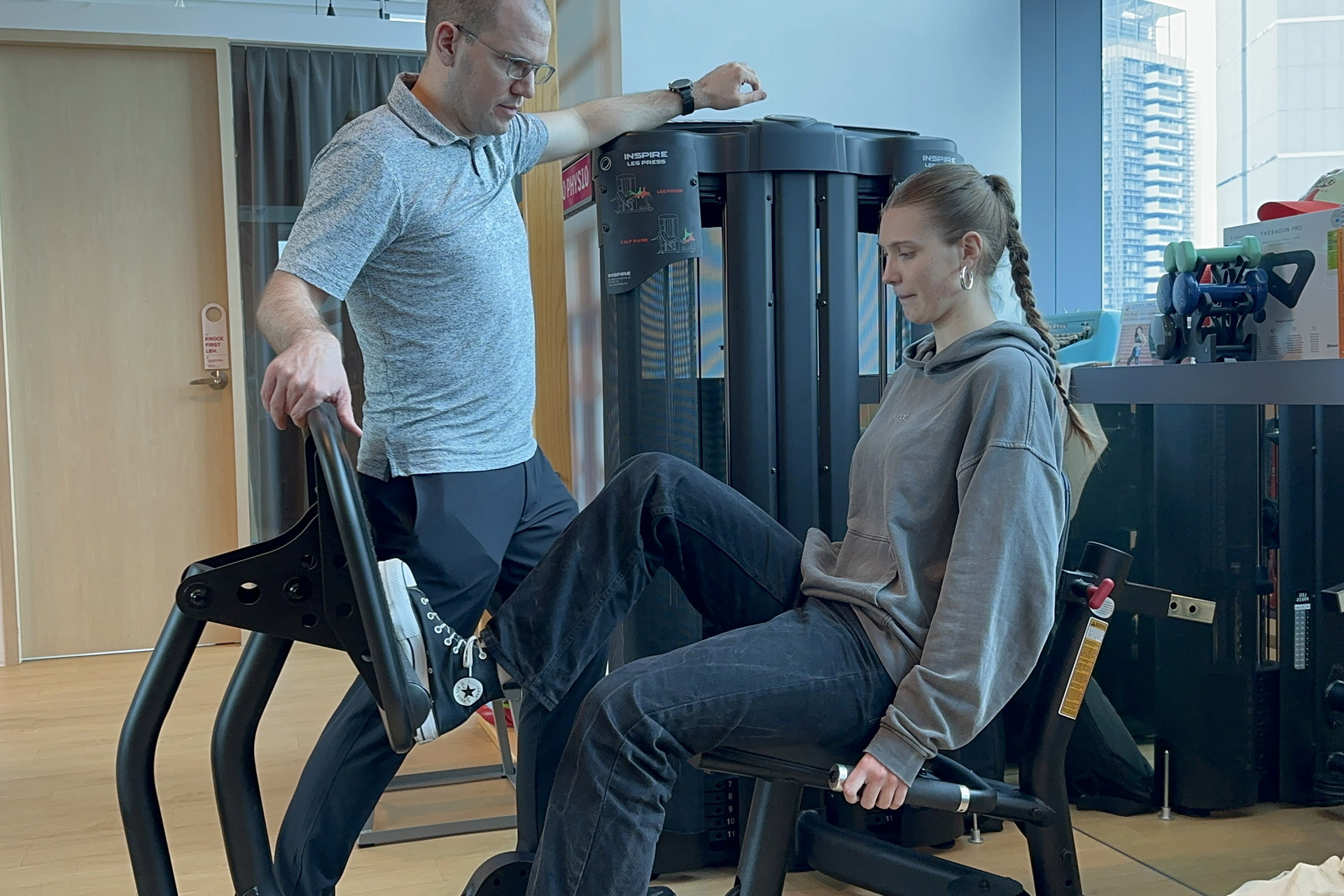
By understanding the nature of your injury, committing to your rehabilitation program, and working closely with your physiotherapy team, you can overcome the challenges of an ACL injury and return to the activities you love. The journey may be challenging, but with perseverance and expert care, a full recovery is within reach.
Remember, recovering from an ACL injury is a marathon, not a sprint. With the right team and tools in your corner, you’ll cross that finish line stronger than ever.

